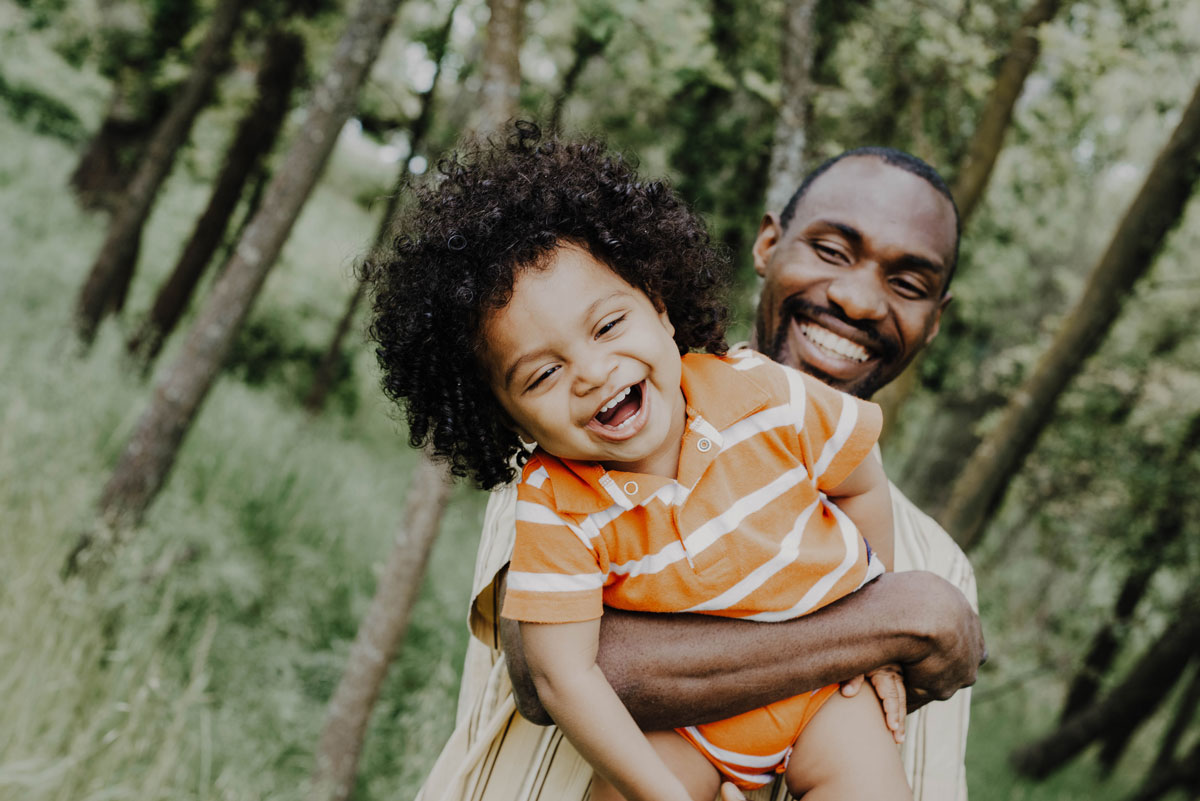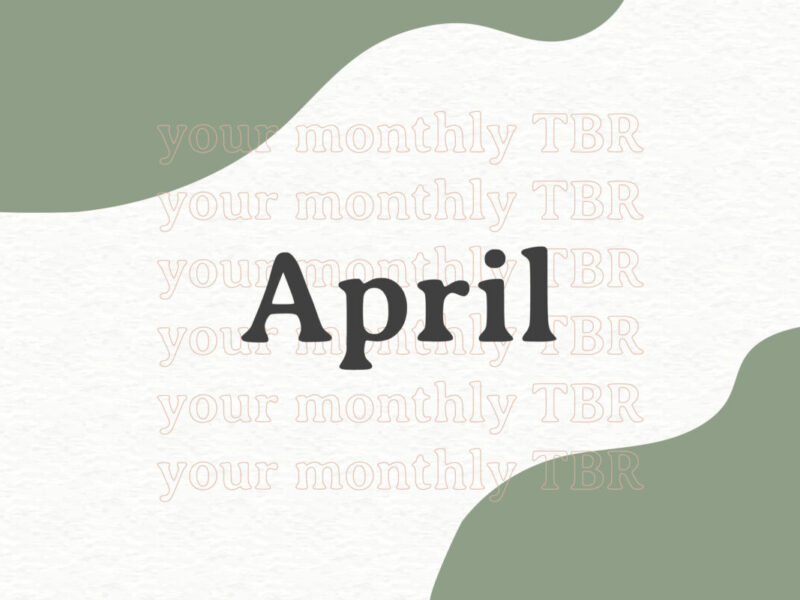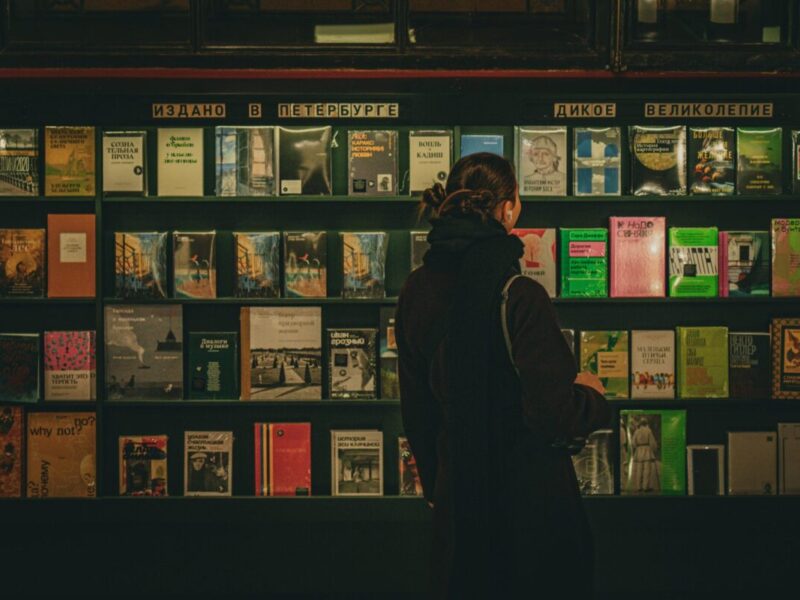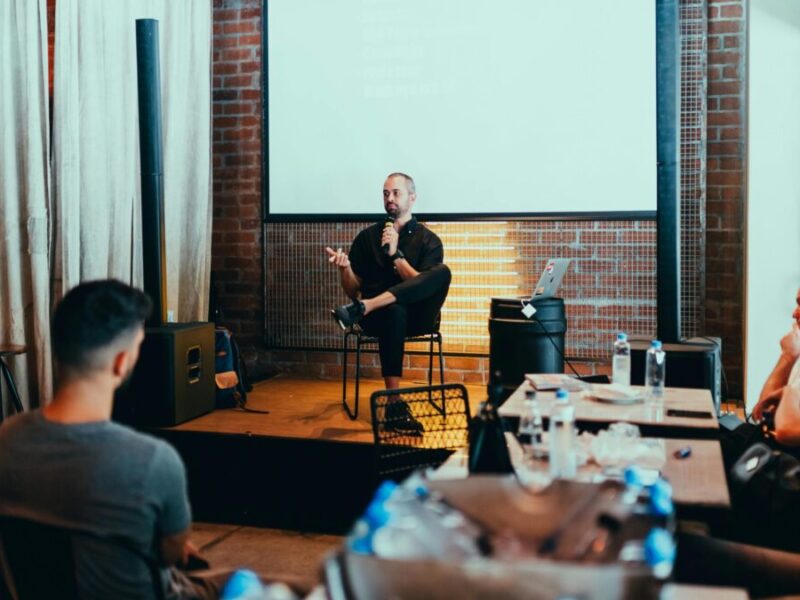4 Vulnerable Poems About Masculinity
As gender roles continue to shift and conversations about intersectional feminism, equality, and identities outside of the gender binary become more common, masculinity is getting a makeover. The evolving and increasingly diverse nature of what it means to be a man has inspired TED talks, a spread in GQ, and has even led to more authentic representation in media and advertising.
Many men—as well as society as a whole—are contending with and rejecting the idea of “toxic masculinity,” most aptly described as masculinity intended to harm or belittle others. In fact, the GQ survey found that an overwhelming 97% of people said masculinity is changing. The work of male poets contributes to this cultural reset by challenging expectations, depicting honest experiences, and allowing for genuine emotion.
1. “Coniferous Fathers” by Michael Kleber-Diggs
Michael Kleber-Diggs, the author of the recent, prize-winning collection Worldly Things, examines the intersections of race and gender in many of his poems. Additionally, Kleber-Diggs mentors young men by teaching writing at high schools and colleges, as well as through the Minnesota Prison Writing Workshop. In “Coniferous Fathers,” Kleber-Diggs depicts a prevalent masculine role—fatherhood—through a new and modern lens. “Let’s fashion gentle fathers, expressive—holding us / how we wanted to be held before we could ask,” the poem opens. “Singing off-key lullabies, written for us—songs / every evening, like possibilities.”
Later in the poem, Kleber-Diggs shows how these traits can pass through generations, reinforcing a compassionate, sensitive vision of masculinity. By evoking a metaphor that compares fathers and trees, Kleber-Diggs portrays men as “steadfast, present, evergreen, and ethereal,” creating a parallel between descriptors that feel traditionally masculine and those that invite a new definition. “Let’s make the old needles soft enough / for us to rest on, dream on, next to them,” he finishes.
2. “Duplex” by Jericho Brown
Like Kleber-Diggs, Pulitzer Prize-winning poet Jericho Brown considers the significance of fathers and sons in his poetry. His work reflects experiences of being estranged from family and struggling with a lack of family acceptance. In “Duplex,” specifically—one of Brown’s most well-known poems, written in a new form he invented—Brown ponders the repetition of harmful family cycles and the effects of violent masculinity.
Though Brown’s poem starts as a meditation on the potential dangers of masculinity, it moves through this reckoning and toward a place of hope. “None of the beaten end up how we began,” writes Brown. “A poem is a gesture toward home.” Despite the pain present in “Duplex,” it’s also a testament to creating one’s own empowering definitions of masculinity.
3. “If” by Rudyard Kipling
Though this poem was published in 1943, its ideas about masculinity feel surprisingly modern. Written as a guide from a father to a son, the poem describes “how to be a man,” but resists stereotypes and surface-level traits. Instead, Kipling focuses on strong character, including traits like humility, honesty, and perseverance.
“If you can keep your head when all about you / Are losing theirs and blaming it on you / If you can trust yourself when all men doubt you / But make allowance for their doubting too; / If you can wait but not be tired by waiting, / Or being lied about, don’t deal in lies / Or being hated, don’t give way to hating . . . / you’ll be a Man, my son!” writes Kipling.
4. “First Light” by Chen Chen
Chen Chen’s work—which has been published in Best of the Net and Best American Poetry—brilliantly illuminates how gender intersects with other identities. Though “First Light” isn’t explicitly about masculinity, it’s about how families have often painfully different expectations of each other across generations, and how immigration, ethnicity, sexuality, and gender all play a role. Most specifically, “First Light” contemplates what it means to be a son—another role that often defines masculinity.
“What do I remember of crying? When my mother slapped me / for being dirty, diseased, led astray by Western devils, / a dirty, bad son, I cried, thirteen, already too old / too male for crying,” writes Chen Chen, weaving a connection between gender roles and emotion. “…I don’t remember exactly why, or what exactly came next. / One memory claims / my other rushed into the pink dawn bright / to see what had happened, reaching toward me with her hands, / and I wanted to say No. Don’t touch me. / Another memory insists the front door had simply been left / unlocked, & I slipped right through, found my room, / by bed, which felt somehow smaller, & fell asleep, four hours. / . . . What stays with me / is the leaving, the cry, the country splintering.”
Feeling inspired to write your own take about what masculinity means to you? Reflect on your own experience or describe an influential male figure in your life. What adjectives and imagery do you associate with masculinity?




